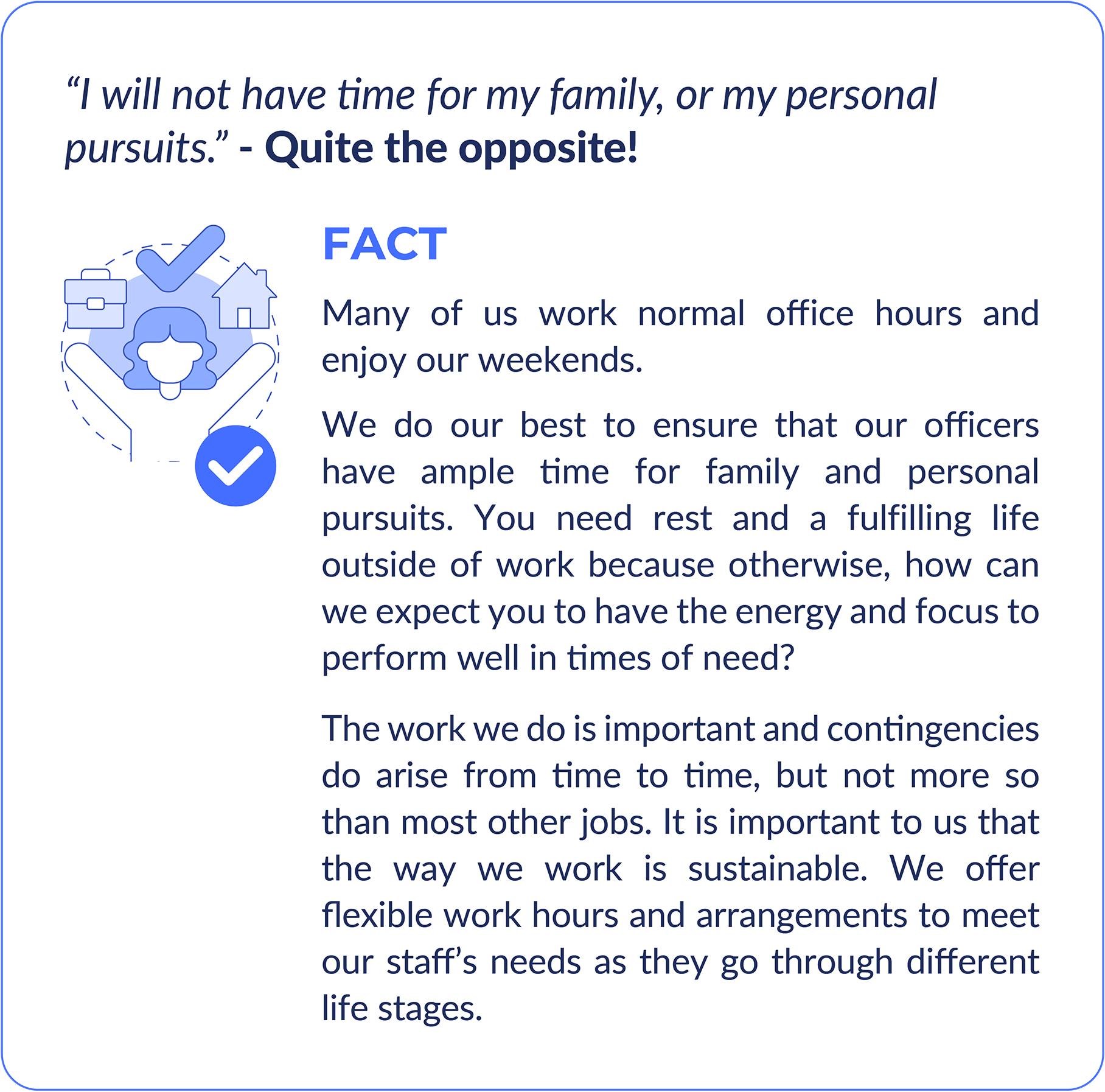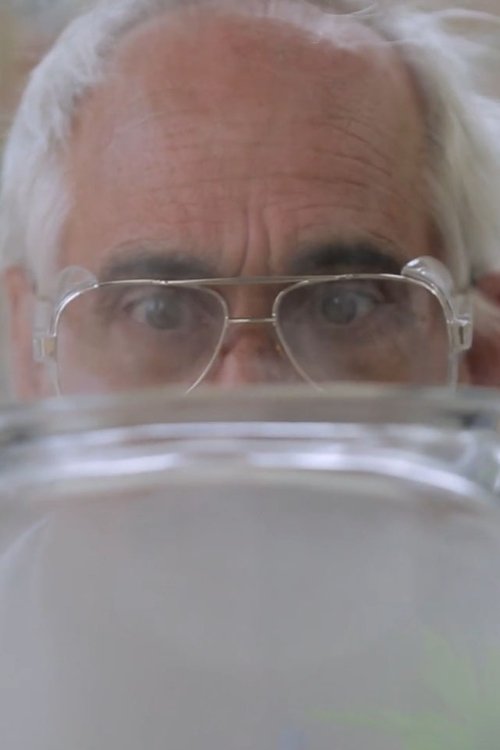
Imposters in history: 16 famous con-artists and pretenders.Perhaps most staggeringly, some women even dressed as men and took to the battlefield under assumed names. One veteran even returned to find his farm had increased in value thanks to his wife’s management.įemale participation in the war didn’t stop there though – women also served as nurses and even spies, often procuring information from unsuspecting men. Yet women seized the opportunity, often taking on complete control of farms and households.

Having rarely trusted women with much responsibility before, many men were anxious at the prospect of their wives taking charge in their absence.


This is only true in the sense that it was the male view of women in the 1860s. General Sherman of the Union Army decreed: “There will never be peace in Tennessee until Forrest is dead”.Ī persisting fiction surrounding the American Civil War (and just about every war since) is that it was a man’s game and women merely sat at home waiting for their loved ones to return. Most Southerners denied the massacre while the North promised an eye-for-an-eye retribution. Despite surrendering, an unknown number of white and black Union soldiers were shot rather than taken prisoner. Confederate Congress even declared that white officers in charge of black soldiers were inciting “servile insurrection” and could, if captured, “be put to death or punished”. This was in part down to the Confederacy’s failure to see black soldiers as legitimate prisoners of war. Having overwhelmed the Union soldiers holed up there, Confederate troops led by Nathan Bedford Forrest refused to accept the surrender of black Union soldiers and their white officers. Yet the events that took place in Tennessee are indeed fact. This is due to the massacre that followed, and the relief to be had in supposing it a fiction. The details of the Confederate attack on the Union garrison at Fort Pillow on 12 April 1864 were disputed until relatively recently. Instead, the surge in drug use can be blamed on its wider availability, with opium importation rapidly increasing in the 1880s and 1890s. Some veterans no doubt developed an addiction but these are few in number – indeed, those who were addicts were denied their pension. While the Union alone is estimated to have administered 10 million opium pills and nearly three million ounces of opium powder, the claim that this was the cause of such an epidemic is more fiction than fact. One pervading myth is that doctors and nurses overprescribed newly available anaesthesia, causing the reported rise in narcotic addiction at the end of the 19th century. However, these reports overshadow the vast medical achievements made during the era. It is true that there are stomach-churning reports of vastly under qualified surgeons amputating too much of a limb – so much so that some soldiers would rather face the battlefield than the hospital.

He died in 1996 at the age of 85 and is buried in Skye, south of Portree.Medical care is one of the biggest debates surrounding the Civil War: on one hand there are accounts of unnecessary butchery on the surgical bed, yet others stress that vast medical advances were made during the fours years of fighting. (For those interested in hearing Maclean read from one of his poems, and he had a very distinctive voice and diction, the folk group, Capercaillie, have recorded a version of ‘Calvary’ on an album by their lead singer, Karen Matheson.) The best known, the elegiac ‘Hallaig’, is a moving poem on the Clearances. Maclean’s output, unlike some other of the poets of his generation, was not prolific but his books and poems have become iconic. Three years later, a collection of love poems called Dàin do Eimhir agus Dain Eile (Poems to Eimhir) appeared it remains one of the key texts of 20th-century Scottish poetry. The publication of his first book of poetry, 17 Poems for 6d, with the poet, Robert Garioch, marked his entry into the world of Scottish letters. He fought in World War Two in North Africa before becoming a teacher in Mull, Edinburgh and Plockton, and continued in that career until his retirement. That he was not better known beyond his native land is probably due to the fact that he wrote almost exclusively in Gaelic, though bilingual editions of his poetry, published since the 1970s, have widened his appeal.īorn on the island of Raasay in 1911, Maclean came from a family steeped in Gaelic culture. Sorley Maclean (Somhairle MacGill-Eain) is reckoned to be one of the finest poets Scotland has had. Home > Authors > Sorley MacLean / Somhairle MacGill-Eain Sorley MacLean / Somhairle MacGill-Eain


 0 kommentar(er)
0 kommentar(er)
